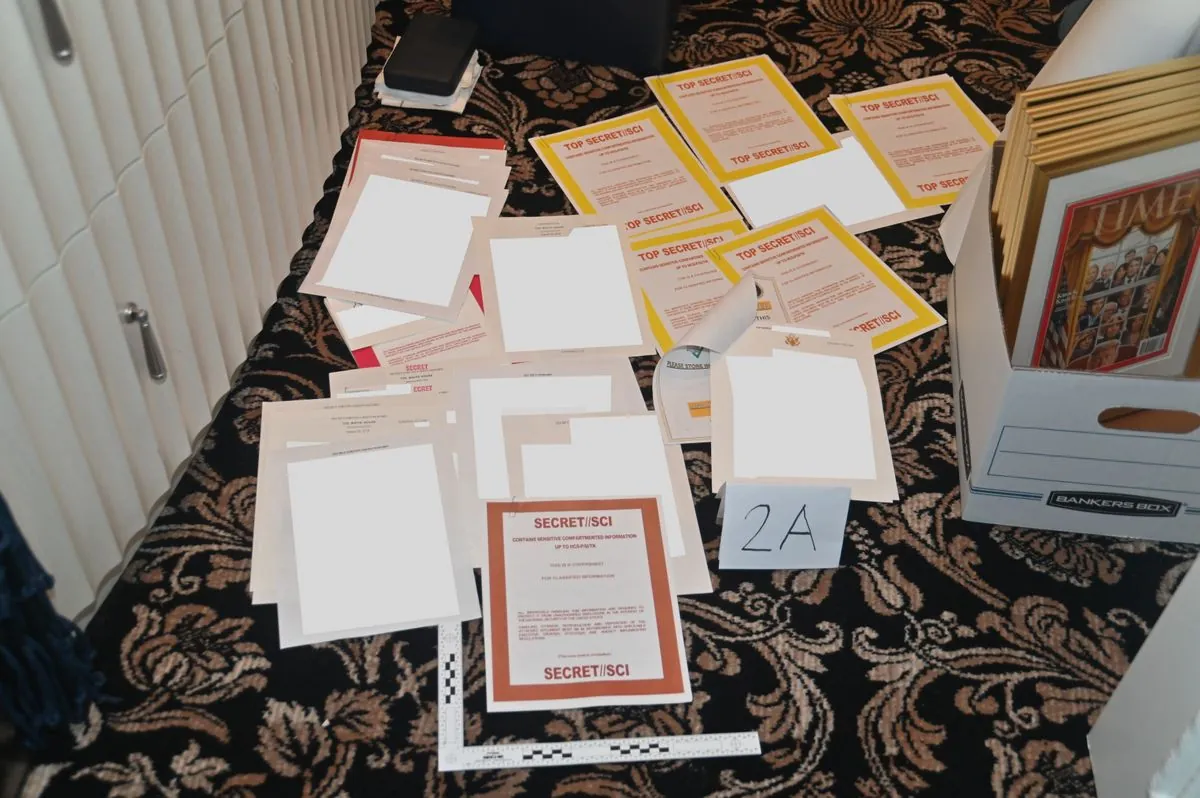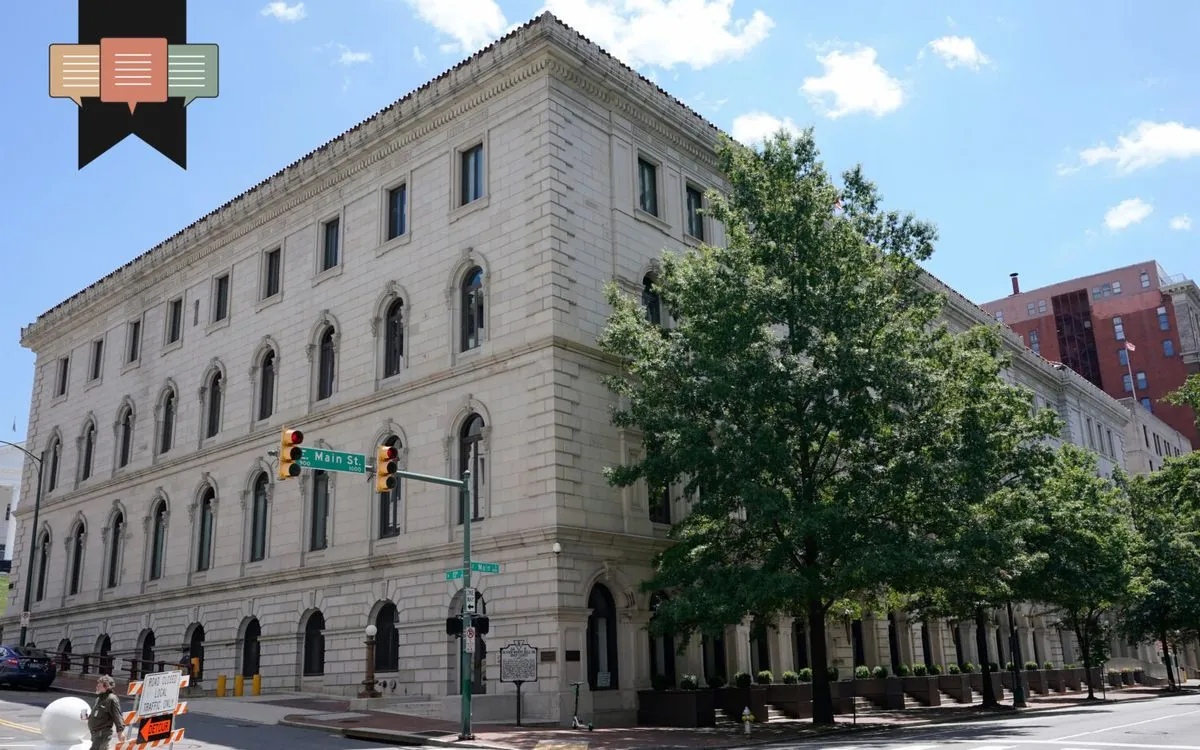Maryland's Handgun Licensing Law Upheld by Federal Appeals Court
A U.S. appeals court has affirmed Maryland's handgun licensing requirements, citing a 2022 Supreme Court ruling. The decision reverses a previous panel's verdict, upholding the state's 2013 gun control measure.

The U.S. Court of Appeals for the Fourth Circuit has upheld Maryland's handgun licensing requirements, reversing a previous panel decision that had deemed the law unconstitutional. In a 14-2 vote, the court affirmed the validity of the state's 2013 Firearm Safety Act, which mandates licensing, training, and background checks for handgun purchases.
Maryland's law, enacted in response to the 2012 Sandy Hook Elementary School tragedy, requires potential handgun buyers to submit fingerprints, complete a four-hour safety course, and wait up to 30 days before proceeding with the purchase. This legislation is part of a broader trend in gun regulation that emerged in the wake of one of the deadliest school shootings in U.S. history.
The legal challenge to Maryland's law, initiated in 2016 by the group Maryland Shall Issue, along with two individuals and a gun store, argued that any temporary restriction on handgun purchases violated the Second Amendment. However, the Fourth Circuit's decision cited a footnote from the Supreme Court's 2022 ruling in New York State Rifle & Pistol Association v Bruen, which indicated that "shall-issue" licensing regimes are presumptively constitutional.
U.S. Circuit Judge Barbara Milano Keenan, writing for the majority, stated that despite potential delays, such licensing laws are constitutional as they aim to ensure that individuals exercising their Second Amendment rights are law-abiding citizens. This interpretation aligns with the historical context of firearm regulation in the United States, which has evolved significantly since the Second Amendment's ratification in 1791.
The court's decision reflects the ongoing debate surrounding gun rights and regulations in America. Since the landmark District of Columbia v. Heller decision in 2008, which affirmed an individual right to bear arms, courts have grappled with balancing this right against public safety concerns.

Maryland's law is part of a larger group of "shall-issue" licensing regimes, which are present in over 40 states. These laws require authorities to issue permits to applicants who meet statutory requirements, distinguishing them from more restrictive "may-issue" laws that grant authorities discretion in permit issuance.
The Fourth Circuit's ruling underscores the complex interplay between federal court decisions and state-level gun legislation. As one of the original 13 colonies, Maryland has a long history of navigating constitutional issues, including those related to the Second Amendment.
This decision may have implications beyond Maryland, potentially influencing similar cases in other jurisdictions. The National Rifle Association, which supported the lawsuit against Maryland's law, has not yet commented on the ruling.
As the debate over gun rights and regulations continues, this case highlights the ongoing efforts to interpret the Second Amendment in light of contemporary public safety concerns and historical traditions of firearm regulation.


































